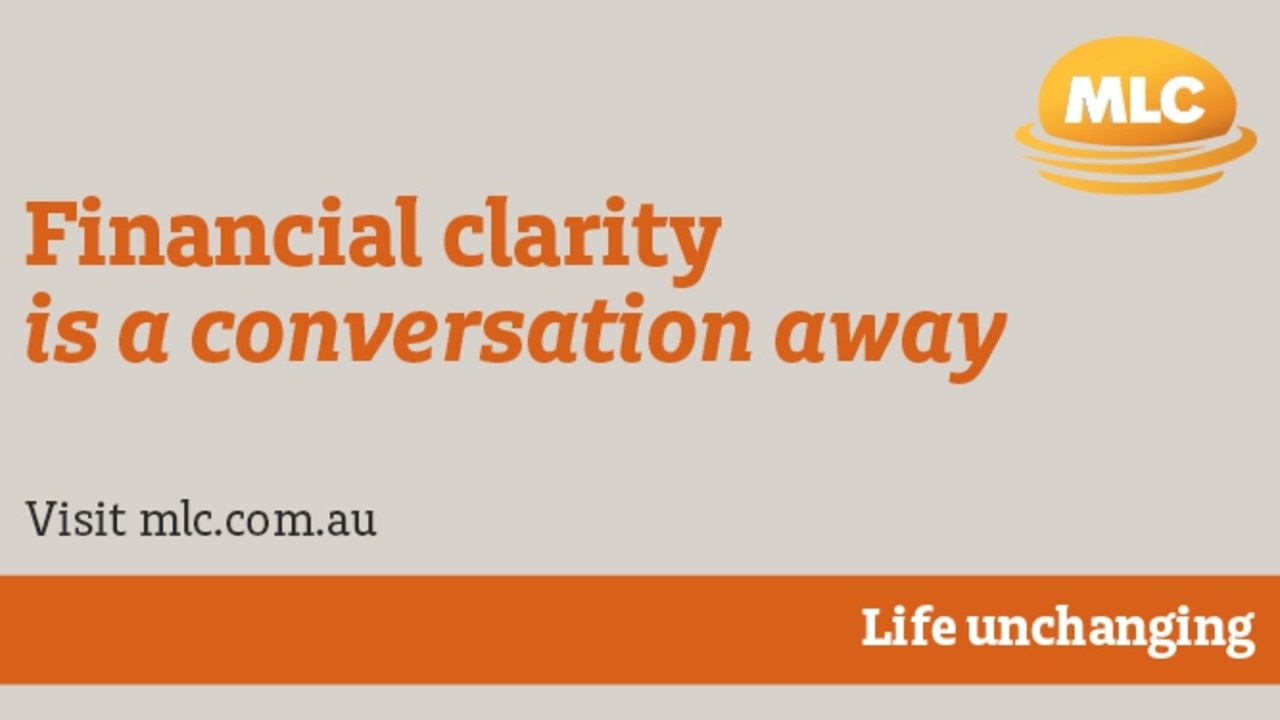Let’s not waste wisdom of elders
Passing on one’s knowledge after retirement can be a rewarding task.

Congratulations! You’ve just retired. After 40-plus years of work you deserve to reap the benefits from all your savings and wise financial decisions.
But what should you do with your time in retirement? Psychologists agree that the transition into the world beyond work can be difficult as many people define themselves through their career.
Psychology professor Norman Abeles from Michigan State University found that the happiest retirees take part in a variety of activities, ranging from volunteer work to exercise and so on.
If the research suggests staying busy with meaningful activities is an important pathway to mental wellbeing it is worth exploring how Australian retirees are faring.
The census provides us data on four activities that might be classified as meaningful: work, volunteering, caring for children and caring for people with a disability.
What are the 3.5 million 65 to 90-year-old Australian residents doing with their time?
Close to half a million 65 to 90-year-olds (13 per cent) are still employed. For some this will have been a lifestyle choice; they simply hang on to a lucrative or fulfilling job. For others this will be an unwelcome financial necessity. Since remaining in the workforce with reduced hours is considered to increase the mood of people aged over 65, this development can be interpreted as a positive trend.
At the last census 19 per cent of our retirement age cohort (662,000) volunteered their time for a charitable organisation. People aged 70 are the most generous retirees with 22 per cent donating their services.
About 453,000 Aussie retirees (13 per cent) cared for a child, most commonly a grandchild, in census week. That’s probably the most quintessentially grandparent thing to do and, while at times stressful, has been proven to be an important source of meaning.
Another 12 per cent (421,000) provided unpaid assistance to a person with a disability. The most common arrangement here would be a wife caring for her husband. Men tend to be a few years older than their wives and experience poor health conditions earlier in life.
Each of these four activities are a source of meaning by themselves. Many individuals will be engaged in two, three or even all four activities.
There were, in fact, 8100 people in the whole cohort of 3.5 million who’ve done it all. They were still working, at least part-time, volunteered for a charitable organisation, cared for their grandkids and looked after a person with a disability. Wow, what a way to make the rest of us feel lazy.
The opposite measure deserves an even closer look. There were 2.1 million 65 to 90-year-olds who weren’t engaged in work, volunteering, childcare or care for a person with a disability. That doesn’t mean 2.1 million elderly Aussies are lazily, bored and aimlessly wandering the lands.
The chart shows how Australian retirees gradually allow for more time that is not filled with one of the big four meaning-making categories as they grow older.
This transition seems well advised. Truisms like “you don’t get any younger” come to mind. More importantly, the data suggests one must learn to grow old and reassess how to spend a day without the structure provided by work.
Most activities that provide meaning in retirement and have been shown to boost mental health, aren’t captured by census data. Quality time spent with family and friends, travel, exercise, mentoring or reading a good book aren’t part of the census survey.
That said, I am sure at least some of the 2.1 million retirees that appear idle in the dataset would be more than happy to share their skills, wisdom and time if the right opportunity was presented to them.
As a young professional seeking mentorship, I might consider reaching out to a retiree in my field. As a charity seeking skilled volunteers, I might be doubling down on my recruiting efforts in the 65-plus cohort.
Few things could be more rewarding in the autumn of life than to pass on one’s knowledge and wisdom and it appears to be that we are not tapping into the wisdom of our elders enough.
-
This is the third in a four-part series by The Australian and The Demographics Group looking into retirement in 2030.
The series has been created in partnership with MLC, part of the NAB Group. Read our policy on commercial content here.




